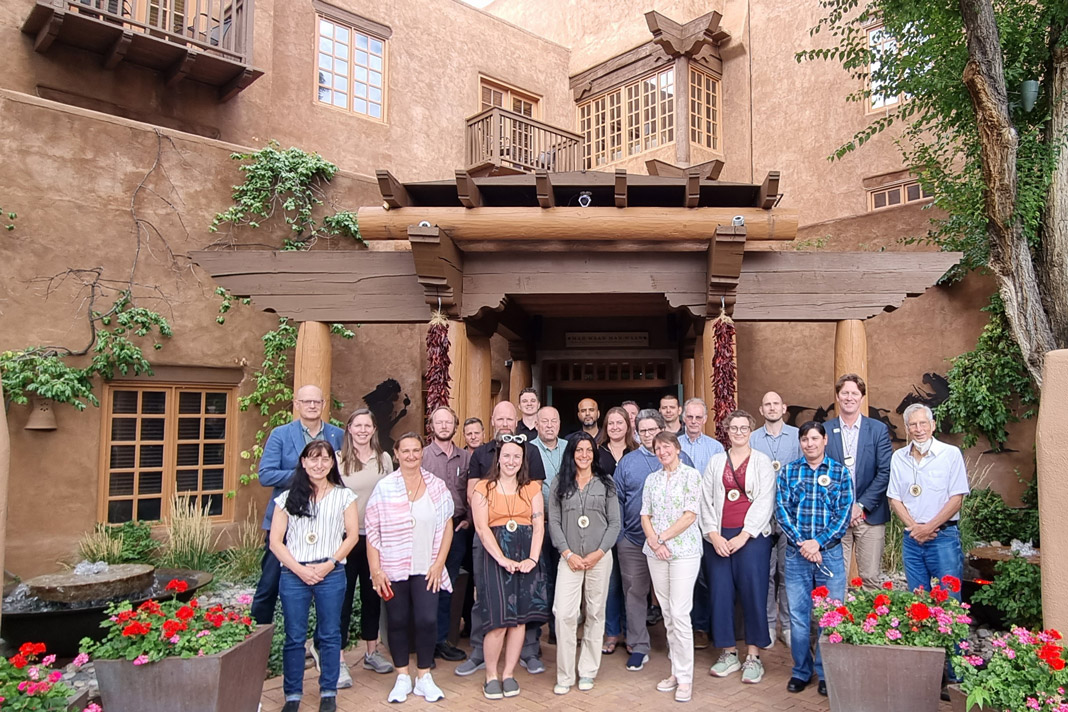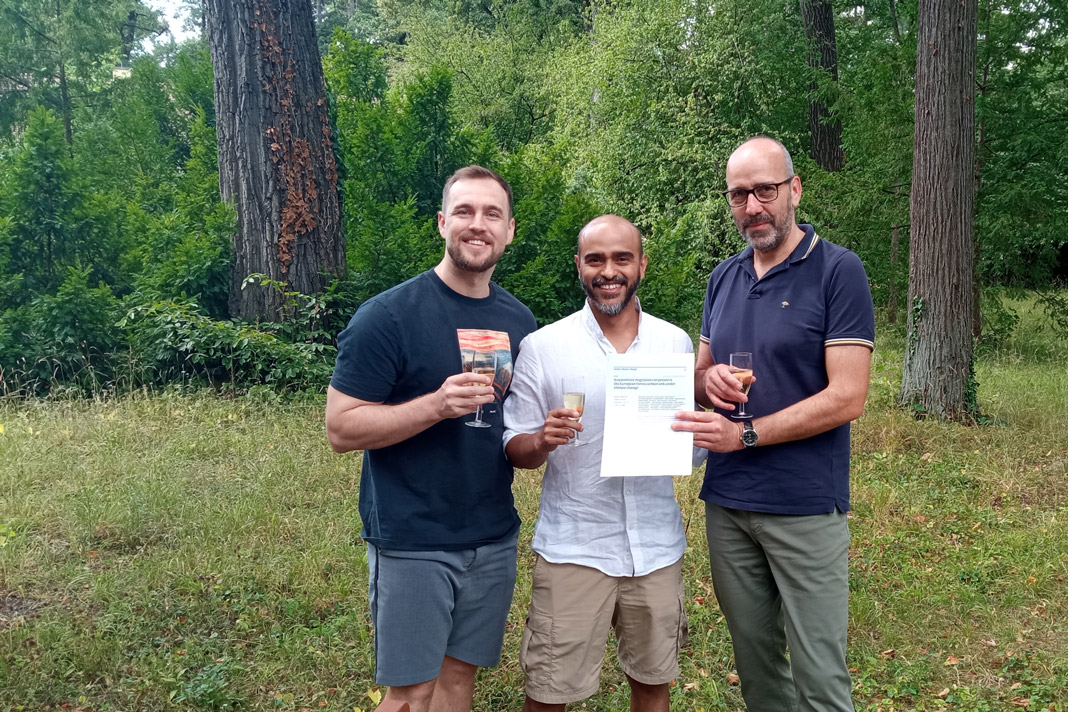The International Seed Federation's Tree and Shrub Working Group and the crucial role of seed supply in the forest industry
The ISF Tree and Shrub Working Group emphasises the critical role of seeds in sustainable forestry, advocating for genetic diversity, innovative seed technologies, and collaboration among stakeholders to enhance forest resilience and productivity.
The International Seed Federation (ISF) is a non-profit, non-governmental organisation that brings together national seed associations and seed companies from nearly 80 countries. Among its various working groups, the Trees and Shrubs Group stands out, including both public and private sector actors involved in the trade of tree and shrub seeds. This group meets annually to discuss relevant issues and conduct excursions related to tree cultivation.
The ISF emphasises the importance of the forestry industry in providing sustainable resources for sectors such as construction, paper production, and bioenergy. In an era of growing concern for sustainability, the role of seeds has become increasingly significant, as they are fundamental to reforestation and sustainable forest management.
Importance of Seeds in Forestry Sustainability
Seeds are essential for life in forests, containing the genetic material necessary for tree development, which affects their growth, quality, and resistance. Reforestation, which involves replanting trees in cleared areas, and afforestation, which establishes forests in previously treeless land, are critical for maintaining biodiversity and sequestering carbon.
However, the forestry industry faces significant challenges in obtaining a reliable and diverse supply of seeds. This includes collecting seeds from various species and selecting high-quality trees. The distribution of seeds must be carefully managed to maximise their survival rates.
Innovations in Seed Technology
Technological advancements, such as seed coating, are transforming reforestation efforts. These techniques improve germination and resistance to pests, optimising planting efforts and reducing the need for chemical treatments. Genetic research is also enabling the selective improvement of species, resulting in seeds with desirable traits.
Future of Seeds in the Forestry Industry
As sustainable practices become more widely adopted, the role of seeds will become even more critical. It is essential to prioritise genetic diversity to ensure that forests can adapt to changing environmental conditions. Collaboration among governments, NGOs, and companies will be vital to ensuring that reforestation and afforestation efforts are effective and meet environmental objectives.
Moreover, collaboration among stakeholders (including EUFORGEN) will be essential to promote best practices in seed innovation, selection, genetic resources conservation and use, seed collection, storage, and distribution. Governments, NGOs, public and private companies must work together to ensure that reforestation and afforestation efforts meet environmental and social objectives.
ISF Annual meetings
The annual meetings of the ISF Trees and Shrubs Working Group also serve as a platform for information exchange and networking among industry professionals. The last meeting took place in Santa Fe, New Mexico, and the next is scheduled for August 2025 in India. For more information, contact Ben Rivoire at b.rivoire@worldseed.org.
Learn more about ISF and its members at: https://worldseed.org/about/what-we-do/
For information on the ISF TAS Group, visit: https://worldseed.org/document/isf-tree-and-shrub-group-leaflet/
This article was originally written by Benjamin Rivoire (International Seed Federation - ISF).







